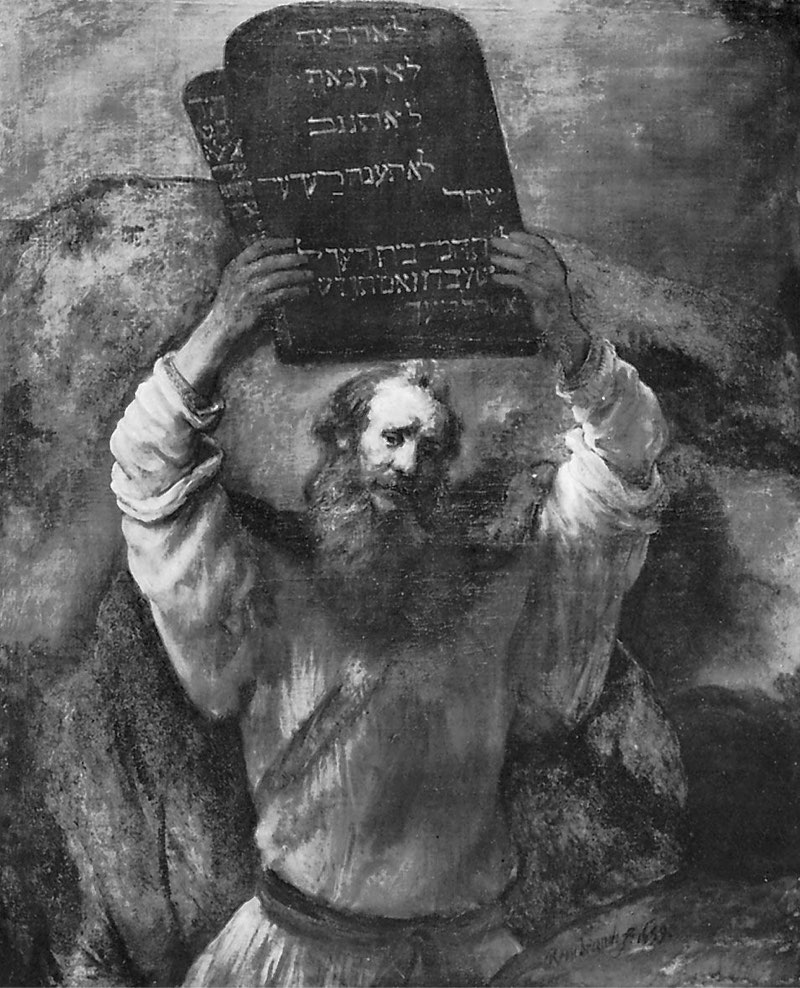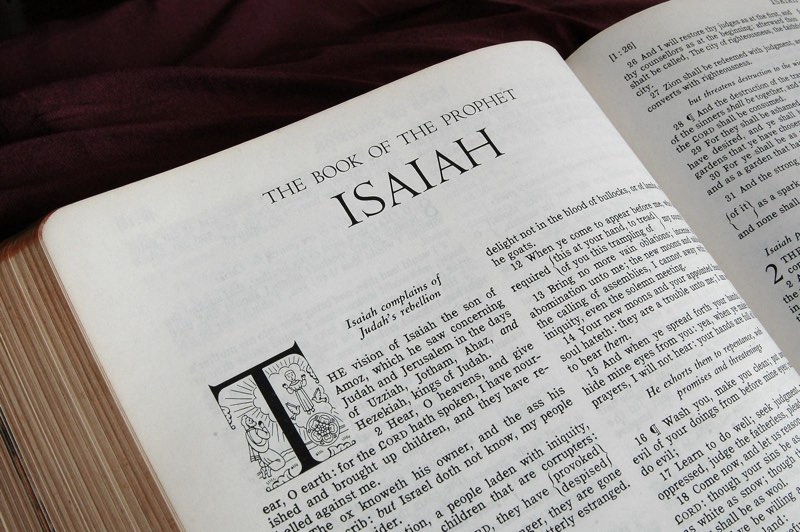According to John 17, verse 3, and Surah 5, verse 116, of the Quran, Jesus testifies in this world and in the next that he was only a messenger for God and not a god himself. How is this argument articulated?
In John 17, verse 3, of the Bible, Jesus is quoted as saying, "Now this is eternal life: that they know you, the only true God, and Jesus Christ, whom you have sent." This verse emphasizes that Jesus sees himself as a messenger sent by God rather than being God himself.
Similarly, in Surah 5, verse 116, of the Quran, it is mentioned that on the Day of Judgment, Allah will ask Jesus if he ever told people to worship him and his mother Mary as gods besides Allah. In response, Jesus denies ever making such a claim and testifies that he only instructed people to worship Allah alone.
This argument articulates the belief held by both Christians and Muslims that Jesus was a prophet or messenger of God rather than being divine himself. Both scriptures emphasize monotheism and reject the idea of associating partners with God. The verses highlight the importance of recognizing and worshipping only one true God.



